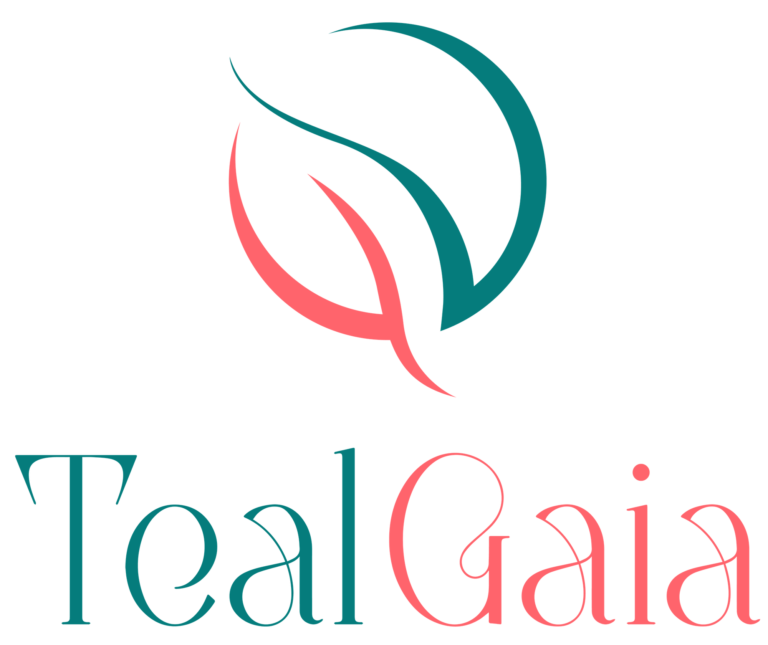Our new KORKOMA Collection is here!

Want to get healthier? Confused if organic food is worth the cost or just another trend? In search of authentic insights into “Organic Food and Health Benefits”?
We get it—navigating the world of food can be overwhelming. The endless options, health claims, and debates leave us all seeking clarity. But your health matters; every bite makes a difference. So, back to the question, does organic food hold the secret to a healthier, happier life?
Don’t worry. This blog is your go-to resource for what you seek to know about the perks of choosing organic food. From benefits to the history of organic food, we have a lot to cover! So, let’s get started.
7 Health Benefits of Organic Food
Eating organic has gone from niche to mainstream. Yet myths and confusion about organic farming abound. The best thing is that it’s not just good for us; it also helps the environment in various ways.
Okay, let’s talk about organic food and the health benefits it offers in detail:
Non-Genetically Modified
Say goodbye to genetically modified organisms (GMO) as you welcome organic choices. Organic food is guaranteed to contain no GMO. It can cause risks like organ damage, tumors, toxicity, reproductive issues, and other harmful effects that are still being investigated.
Minimal Chemical Intake
Choosing organic translates to minimizing your exposure to pesticide residues and antibiotic-resistant bacteria. [1] A study discovered that organic produce contains 48% less of the harmful metal cadmium compared to non-organic. So, going for organic food is a conscious decision for the well-being of your body.
Reduced Pesticide Exposure
A 2016 survey [2] of nearly 2,000 US organic farmers found 86% switched to organic because of health concerns for their families. Pesticides often found on non-organic foods can be toxic, cancer-causing, carcinogenic [3] , neurotoxic, and hormone-disrupting.
Pesticide danger depends on the exposure amount and type. It’s exposure is especially risky for pregnant [4] women and children, as it can cause long-term damage. Children are more vulnerable [5] to pesticide harm than adults due to their higher fluid intake, increased breathing, and greater food consumption per pound.
Combat Antibiotic Resistance
Nearly 700,000 people [6] die each year as a result of antibiotic-resistant microorganisms linked to residues in non-organic meat and milk. More than 75% [7] of worldwide antibiotics are used in non-organic animals, raising the risk.
Organic standards mean no routine antibiotic use for livestock. So, your plate becomes a frontline defense against antibiotic resistance when you choose organic. Unlike conventional methods, organic farming avoids antibiotics and synthetic hormones, contributing to a safer food system.
Rich in Antioxidants
Scientific studies show that antioxidants in organic foods are good for health. Organic foods are free from harmful chemicals. It enhances overall well-being and reduces exposure to heavy metals.
Antioxidants in organic foods help prevent heart disease, cancer, vision problems, premature aging, and cognitive issues. Choosing organic supports a healthier lifestyle.
Strengthened Immune System
Non-organic foods can weaken the immune system due to antibiotics, growth hormones, and vaccines. Also, traditional farming practices can lead to long-term consequences, like increased sensitivity to allergens and reduced immune system strength. Organic foods works as immune system booster foods by providing unaltered, nutrient-rich options
Improved Overall Health
Making simple upgrades to your diet, like swapping to organic fruits, vegetables, and proteins, can add health benefits. This nutritional shift can lower disease risk and enhance general wellbeing.
Going organic is an easy way to take control of your health. The positive impacts of an organic diet will become noticeable as your body adapts. Leading a healthy, happy lifestyle is within reach by embracing organic eating habits.
History of Organic Agriculture
The concepts of organic agriculture began in the early 1900s with Sir Albert Howard, F.H. King, Rudolf Steiner, and others who strongly believed that the use of animal manures, cover crops, crop rotation, and biologically based pest controls gave rise to a better farming method.
This organic movement began as a response to the shift in synthetic fertilizers in the early days of industrialization. Since then, organic farming has started to develop in small, mostly family-run gardens and farms where people started growing food for their own necessities. Gradually, in the early 2000s, consumers began seeing the connection between organic food and health. So, from then on, organic food production began to boost at a steady rate.
Regulation and Organic Standards
It is true that, unlike conventional foods, organic food production requires no chemicals to increase their size or to ripen them before time. Grown in healthy ways, organic food also works as a great immunity booster for people of all ages!
However, it is difficult to distinguish between common foods and organic foods as they look very similar in comparison. Hence, it is important that, when purchasing, we look for certified organic food in Bangladesh and around the world.
Meat, cereals, dairy products, fruits, and vegetables are some of the most purchased organic foods. Some organic food, such as organic honey, tastes great and provides incredible health benefits.
For example, the USDA organic certification indicates that a product has been grown and processed as per organic regulations. The regulations prohibit organically processed foods from containing artificial preservatives, colors, or flavors. It requires the ingredients to be completely organic, allowing a few small exceptions [8] .
Conclusion
Well, here is a wrap! In this blog about “Organic Food And Health Benefits, we have discussed the benefits, origin, regulations, and organic standards of organic foods.
What we eat is central to our health. This is why it is crucial for us to feed our bodies the right nutrition in the correct amount. Organic food is a very reliable source of nutrition that offers exceptional health benefits.
It is time we start shifting to the organic farming system and eventually increase the consumption of organically grown food products.
FAQs
What are the Pros and Cons of Organic Food?
Organic food is great for less chemical exposure, nutrient-rich options, and eco-friendly practices. But it can cost more, have limited choices, have a shorter shelf life, have the potential for contamination, and might not always be available.
What is the Main Difference Between Organic and Non-Organic Food?
The difference between organic and non-organic (conventional) food has to do with how food is produced. For example, organic foods like vegetables, fruit, eggs, milk, and meat are produced without: synthetic (human-made) pesticides, herbicides, and fertilizers. Organic farmers may use natural pesticides approved for organic food production.
Why are Organic Foods Said to be Healthier?
Organic foods are said to be healthier because they’re grown without harmful pesticides and fertilizers. They often have more nutrients and antioxidants, plus they promote environmental sustainability. It’s a win for both you and the planet.

We will let you know when we have new arrivals, events and promos. Don't worry we send them infrequently, just a friendly hi now and again!

*These statements have not been evaluated by the Food and Drug Administration. This product is not intended to diagnose, treat, cure or prevent any disease.
© 2023 Teal Gaia. All right reserved.
Thank you for contacting us at TealGaia. Please leave a detailed message below and we will get back to you as soon as possible.
Please note that our working hours are 8am-8pm EST, MON-FRI (except for holidays).